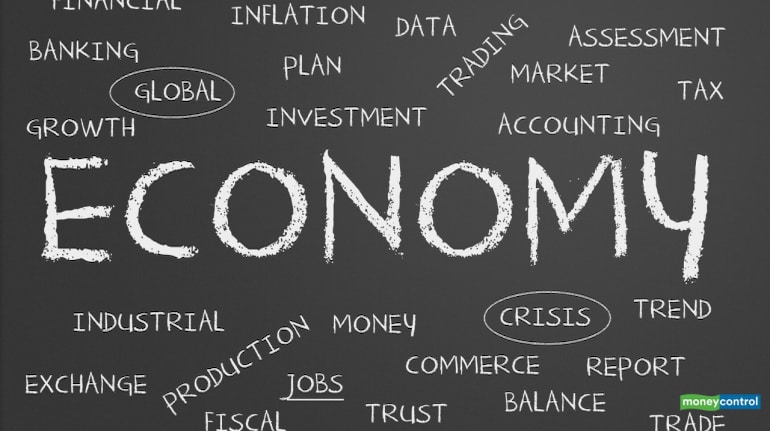



Fitch Ratings has forecast a sharp improvement in India's economy after the end of the global COVID-19 induced economic crisis with 9.5 percent Gross Domestic Product (GDP) growth provided there are no further bumps on the road.
"After the global crisis, India's GDP growth is likely to return to higher levels than 'BBB' category peers, provided it avoids further deterioration in financial sector health as a result of the pandemic," Fitch said forecasting a 9.5 percent real GDP growth next year.
The coronavirus pandemic will lead to shrinking of the already slowing economy in 2020-21 that started in April. Fitch Ratings forecast a 5 percent contraction in the GDP in the ongoing financial year.
"The pandemic has drastically weakened India's growth outlook and laid bare the challenges caused by a high public-debt burden," Fitch Ratings said in its APAC Sovereign Credit Overview released on Wednesday.
Also Read: S&P affirms India's sovereign rating, says outlook stable in long-term
India on March 25 instituted the world's largest lockdown to combat the novel coronavirus, halting almost all economic activities.
The lockdown has been repeatedly extended, although some restrictions have been eased from May 4 in zones with fewer infections.
"However, new cases have continued to rise," it said.
To support the economy, the Reserve Bank of India (RBI) has eased monetary policy by cutting policy rates and providing liquidity through long-term repo operations. Prudential requirements for banks have also been eased to free up liquidity for lending.
"The government has announced stimulus measures amounting to 10 percent of GDP, of which the fiscal component of about 1 percent of GDP is significantly less than many of India's peers," the rating agency said.
General government debt already stood at 70 percent of GDP in 2019-20, well above the 'BBB' rating median of 42 percent. India's ratio of public debt/GDP is expected to rise to 84 percent of GDP in 2020-21 – up from a forecast of 71 percent when Fitch Ratings affirmed the 'BBB-' rating in December 2019.
Also Read: S&P rating affirmation gives only breathing space to Indian policymakers
"This is based on our expectation of slower economic growth in FY21 and wider fiscal deficits, assuming that the government's fiscal response remains restrained," it said.
"The credit profile is strengthened by relative external resilience stemming from solid foreign-reserve buffers, but weakened by some lagging structural factors, including governance indicators and GDP per capita."
Listing positives for India, Fitch Ratings said there was greater confidence in a sustained reduction in general government debt over the medium term to a level closer to the 'BBB' peer median. Also, there is a possibility of higher sustained investment and growth rates without the creation of macroeconomic imbalances, such as from successful structural reform implementation.
Among the negatives was a material increase in the fiscal deficit, causing the gross general government debt/GDP ratio to be placed on a sustained upward trajectory.
Other negative was loose macroeconomic policy settings that cause a return of persistently high inflation and widening current-account deficits, which would increase the risk of external funding stress, it said.
Follow our full coverage of the coronavirus pandemic here.
Discover the latest Business News, Sensex, and Nifty updates. Obtain Personal Finance insights, tax queries, and expert opinions on Moneycontrol or download the Moneycontrol App to stay updated!
Find the best of Al News in one place, specially curated for you every weekend.
Stay on top of the latest tech trends and biggest startup news.